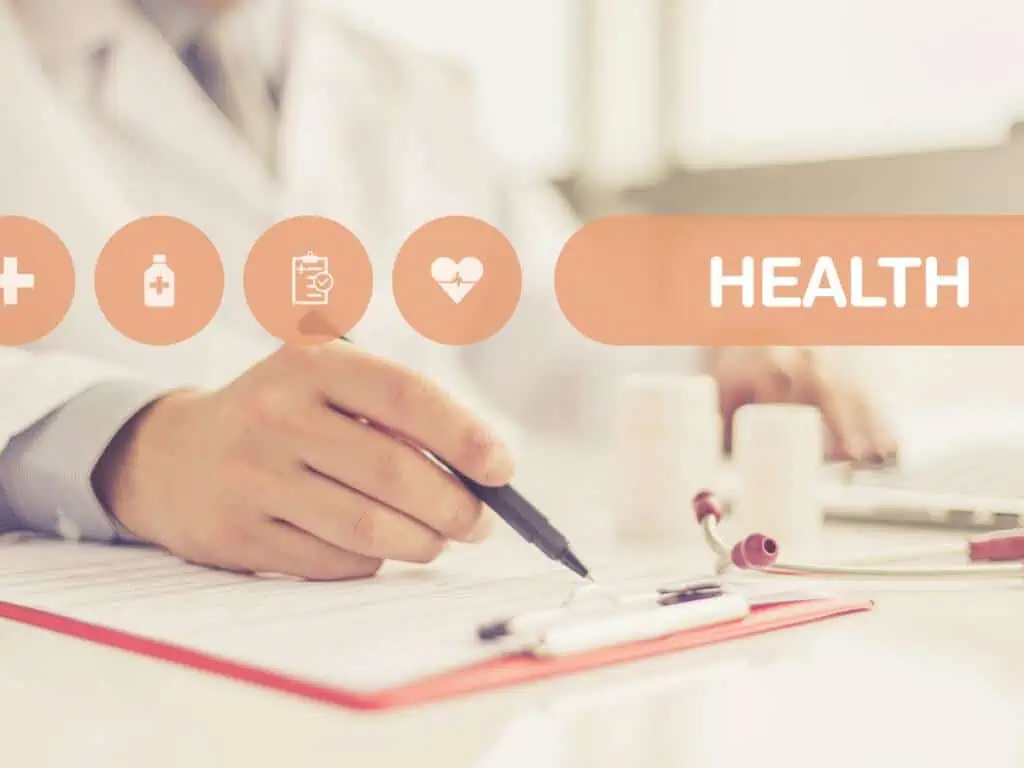
The dietary and exercise behaviour of many people has changed significantly in recent months, especially during the pandemic period with a home office. Working from home has become increasingly important.
It is important for companies to have employees who are sick less often. Companies can consciously tax their share and thus actively promote and strengthen their employees' health.
Süddeutsche health insurance, in cooperation with the Nuremberg-based mhplus health insurance company, published the study “Healthy Home Office”. In this study, 65% of respondents stated that they prefer to work from their home office rather than in the office.
Regardless of whether they work from home or in the office, employees should exercise regularly, eat as balanced and healthy a diet as possible, and get enough sleep. All these topics are considered in occupational health management.
The topic is becoming increasingly important in recent years. Thus there are already special projects in different European countries, which concern themselves exactly with the topics mentioned before.
For example, the National Council has newly regulated the topic of “home office” in the Employment Contract Law Amendment Act (German: AVRAG). Our neighbor Austria has also addressed the issue and developed a strategy paper. The focus was on the needs of employees and companies.
And the courts are also increasingly having to deal with the issue when it comes to deciding, for example, who pays in the event of accidents in the home office and whether this accident is considered an occupational accident.
It is important to know here that the actual occupational health management (OHM) is company-related. In the home office, it has been difficult for companies to measure the health of their employees. Until now, however, because this is where companies are now taking action. Attempts are being made to introduce health-promoting standards specifically for home office work. The home office concept is much more self-sufficient and deviates in many ways from the classic concept of workplace health management, as employees now no longer work together in one place.
In BGM, the focus is on developing the corporate environment to promote health in traditional offices. Workplace health promotion is more broadly defined, as it encompasses all measures taken jointly by the company and its employees, as well as society, and is therefore not just focused on the workplace.
Certainly, there are people who spend their entire lives in the same company. And yet, mobile working from home as well as on the road is becoming increasingly popular. This is evidenced by concepts such as coworking, coliving and workation.
In the classic and yet very rigid BGM, dynamic work content has been considered, but not dynamic workplaces. They are focused on a specific company. With MGF, the focus is more modular.
Now the focus is on creating opportunities to become healthier and, above all, to stay healthy. For example, small movement breaks and sports exercises can be integrated into the daily work routine quite easily.
By no means every company is enthusiastic about home office. However, a rethink is now taking place in many executive suites. The work environment is becoming increasingly dynamic, but should still be resistant to crises. A more resilient working environment and infrastructure not only supports our daily lives, but also the resilience of the economy and society.
The pandemic has shown us that it is possible to transfer an office job to the home office. Of course, this does not apply to classic factory work, as special machines are sometimes used here.
However, let’s keep in mind that everyone is different. There are people who love to work from the home office, while others consciously want to spatially separate private and professional life and therefore prefer to work in the office. Others work alternately from the home office and in the office. Personal sensitivities sometimes play an important role here. For example, many people prefer to work from home if they suffer from back pain or period cramps. These pains often do not warrant sick leave and are easier to cure from home.
Whatever the future holds. We must learn to adapt and become more mentally flexible, as this will help us get through the new era better and healthier.
The MGF should not only manage, but exploit existing potentials so that suffering and illnesses do not break out in the first place. The solution to this is regular health care and awareness. One that is neither excessive nor forced. Our health is our most important resource. Therefore, the care of our health needs to be rethought.
At its best, health should be organized through technical interfaces and independent partners. We would be happy to help you organize and coordinate appropriate health management measures. Simply arrange a non-binding consultation with us.
Feel free to share your opinion on the topic with us on social media.
* Source: Der Standard (German)
You are currently viewing a placeholder content from Brevo. To access the actual content, click the button below. Please note that doing so will share data with third-party providers.
More InformationYou need to load content from reCAPTCHA to submit the form. Please note that doing so will share data with third-party providers.
More Information